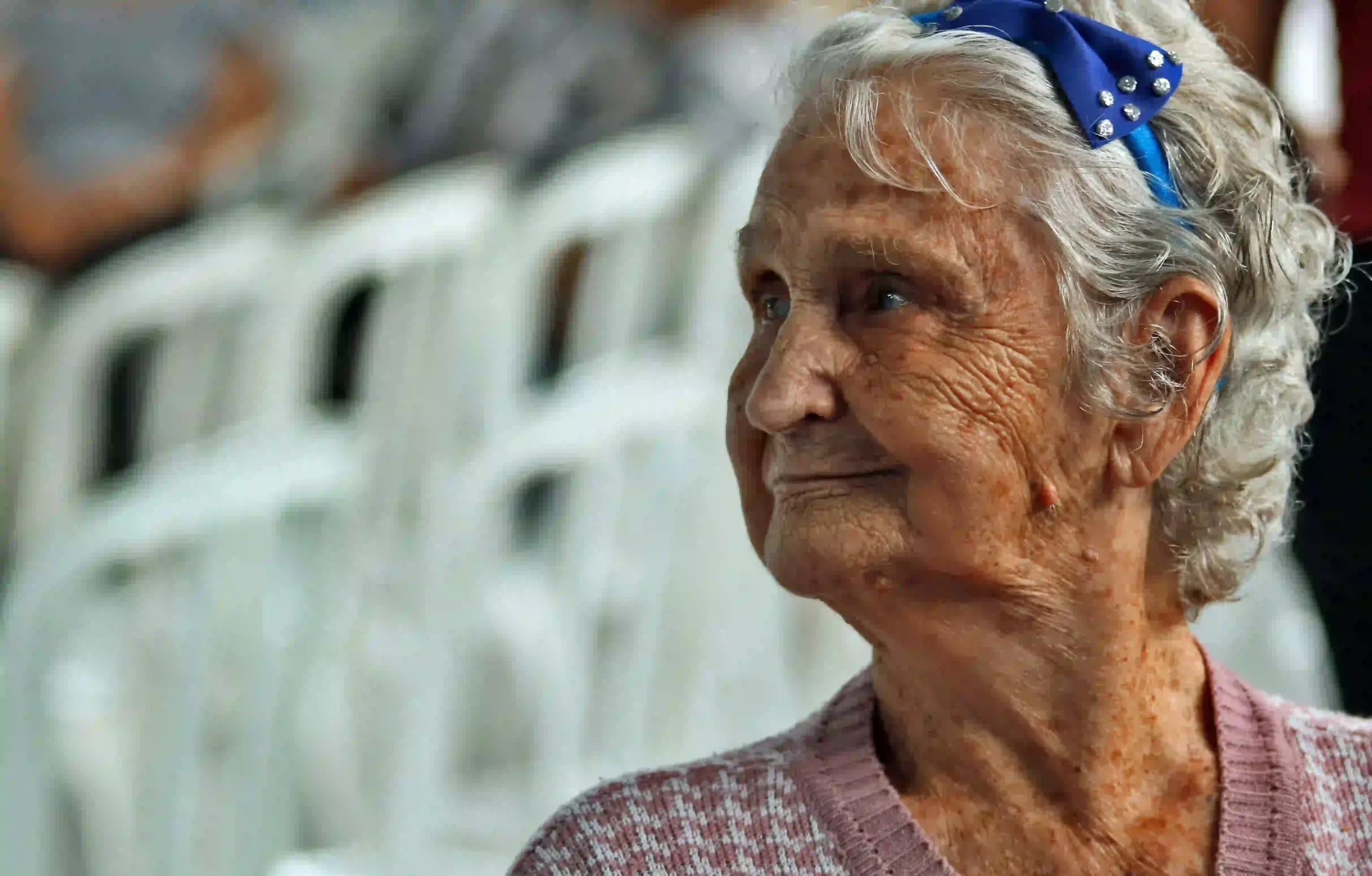Call now to speak
to an attorney

There are many ways that abuse and neglect in a nursing home can take a toll on a person’s health and body. One particularly worrying issue that may emerge in a nursing home resident is sudden and unexpected weight loss, which can signify abuse or neglect.
But how can families make sure to spot, document, and act on the problem?
Why is a loved one suffering weight loss?
Many potential causes of weight loss among elderly persons in nursing homes exist. Gradual weight loss can be part of a person’s natural aging process. Some people lose weight as they grow older due to changes in appetite or metabolism, a normal process that takes place over many months or years.
However, if a person loses weight abruptly over a few months or less without an explanation, there’s a higher chance the change isn’t a part of the natural aging process. Reasons could include:
- Infection: As a person ages, their immune system tends to become less effective at responding to infections, meaning they may be more vulnerable to more dramatic symptoms of illness such as sudden weight loss.
- Medication: New or existing medications can give rise to side effects in an elderly person that means they lose weight, especially if weight loss is a known side effect of a particular medicine.
- An underlying condition: The development or advancement of conditions like Parkinson’s or Dementia is a known cause of sudden weight loss. Underlying conditions can cause an elderly person to suffer from problems like a heightened metabolism, decreased appetite, or difficulty swallowing.
If the above is the cause of an elderly person’s weight loss, competent nursing staff should be able to observe and respond to it. But if an elderly person’s nursing staff is not responding to abrupt weight loss, there’s a significant risk the patient suffers from nursing home abuse or neglect.
How neglect and abuse can cause weight loss
It’s the job of nursing teams to spot and respond to any major changes in an elderly person’s health. If they don’t do so, that is a case of neglect. When observing marked weight loss in a loved one, families and friends should check with nursing staff to see whether they have spotted the change and taken any action. If they have not, there could be a risk of them neglecting to act on a problem related to the loved one’s health.
Unfortunately, there are also cases where nursing home abuse or neglect can cause weight loss in an elderly person.
These include:
- Failing to accommodate needs: If an elderly person has additional requirements like needing to have their food cut into small portions or assistance with being moved into a dining room, the nursing home should be aware of that and have it logged on the person’s files. If a nursing home fails to meet these needs, an elderly person can see their weight drop.
- Stress from abusive behavior: If an elderly person is suffering from verbal or physical abuse at the hands of nursing staff, they may lose their appetite or stop leaving their room due to fear or depression. This can mean they radically reduce the amount they eat or stop eating altogether, resulting in rapid weight loss.
A loved one’s weight loss is due to abuse or neglect; what now?
If a family feels a nursing home has caused a loved one’s weight to drop due to abuse or neglect, they should move immediately to intervene.
First, families should speak with their loved one. Have they expressed any concerns that aroused suspicion in their quality of care before they started losing weight? If so, and if they claim they’re a victim of abuse or neglect, families should respond immediately.
If an elderly person cannot communicate effectively, families need to gather information from non-verbal sources. Are they exhibiting any emotional or behavioral changes, such as seeming tired, upset, or distant? If so, abuse or neglect could be at play.
A family’s next step should be to seek immediate and effective medical attention via a physician outside of a nursing home. This should help families identify whether the weight loss is due to medical issues like an infection, underlying condition, or medication, or if the weight loss is due to malnutrition from abuse or neglect.
Finding legal support for weight loss from nursing home abuse or neglect
If a family thinks their loved one has lost weight due to nursing home abuse or neglect, they should ensure the nursing home is held accountable after seeking medical attention.
Based in Phoenix, Solomon & Relihan has represented personal injury victims since 1974, with the practice limited to nursing home and assisted living abuse and neglect cases. Solomon & Relihan can advise families on what the federal and state laws in this practice area cover, and how they can respond to their loved one’s case of abuse or neglect in a nursing home.
Contact Solomon & Relihan now for a consultation to find out more and discuss the quality of care of a loved one in a nursing home.
Martin J. Solomon is a principal at Solomon & Relihan PC and has been licensed to practice law in Arizona since 1970. He practices exclusively in the area of personal injury litigation, with an emphasis on nursing home abuse and neglect. Martin is a graduate of the University of Arizona College of Law, a past president of the Arizona Trial Lawyers Association, and has served as a member of the Board of Directors for the Arizona Center for Disability Law and the Arizona Center for Law in the Public Interest. He is a member of the Nursing Home Litigation Group in the American Association for Justice (formerly the American Trial Lawyers Association), the National Citizens’ Coalition for Nursing Home Reform and the Maricopa Elder Abuse Prevent Prevention Alliance.

